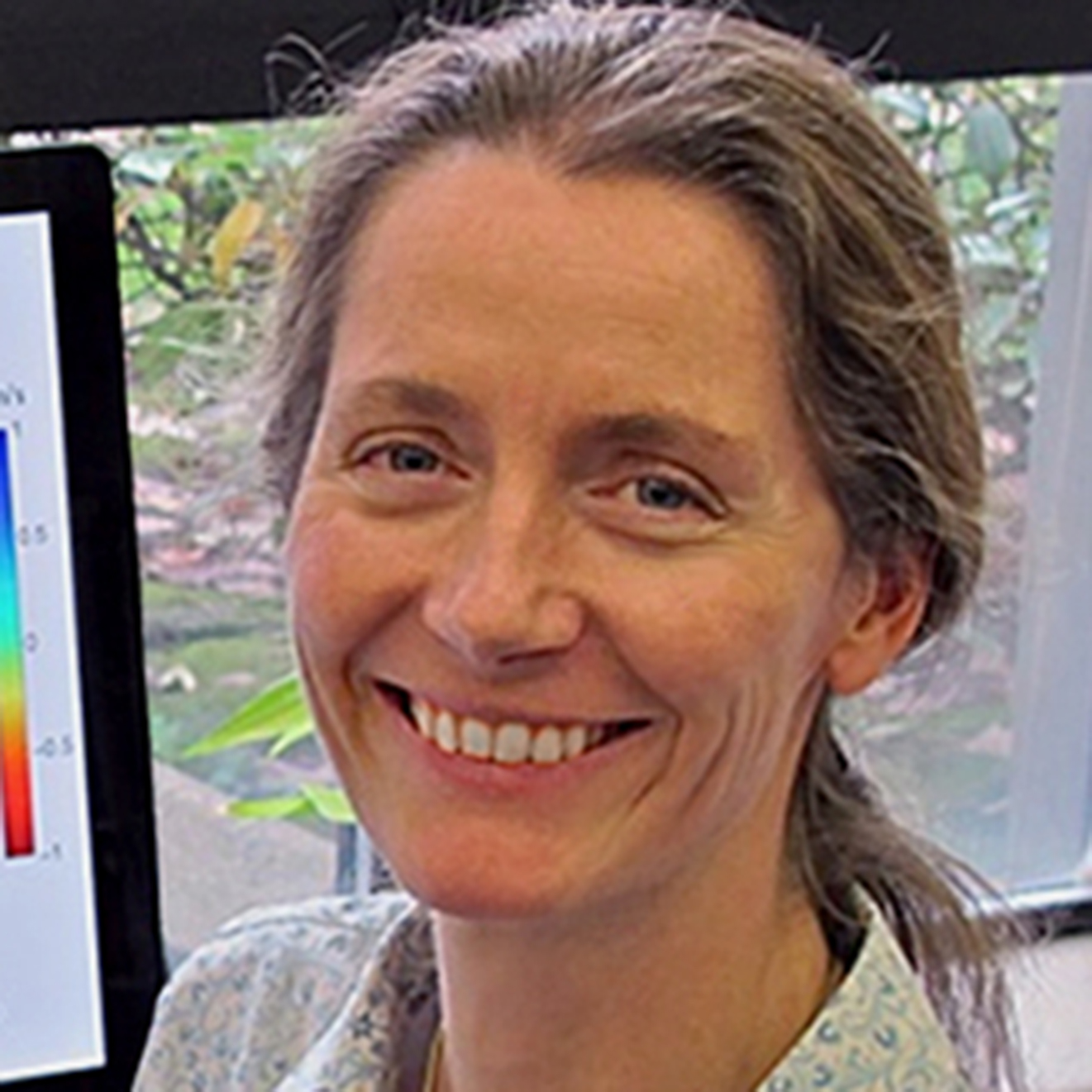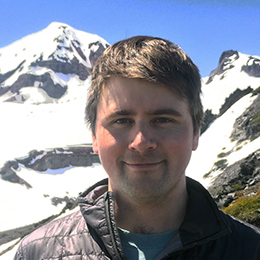Curriculum
The courses offered in the department emphasize the properties and processes of the solid Earth.
Undergraduate Program
The geophysics undergraduate curriculum consists of courses in geology, physics, and math that build a quantitative understanding of the processes that shape the Earth. The program provides a broad, multidisciplinary foundation to prepare students for the successful pursuit of an advanced degree or a technical career. The curriculum includes a set of core courses, which are taken by all geology majors; this is augmented by courses in geophysics, math and physics that build a strong foundation in computational and analytical skills. Geophysics is an applied and interdisciplinary science and students will gain experience in using geologic and geophysical observations (gravity, magnetic, seismic, electromagnetic, remote-sensing and GPS) in the analysis of Earth processes. The detailed requirements of the geophysics option are described in the course catalog.
Graduate Program
The geophysics graduate program combines course-work with independent research. A range of courses is offered with topics that vary in response to the current interests and needs of the graduate students. While course work is an efficient way to convey knowledge, much of the graduate-level instruction occurs through one-on-one interactions with the faculty. Masters students are expected to take 45 credits of course work and complete a thesis. The course requirements for the Ph.D program are less restrictive, and are tailored around the research interests of each student. Ph.D. students must pass a comprehensive exam in their second year and then continue on to complete a dissertation. Our group benefits from transparency between individual faculty and students quite often have multiple advisors; they are thus able to bridge gaps between specialties and also disciplines. To encourage interdisciplinary study, Ph.D. students are required to present two projects during their comprehensive exam, each in a different research area. Geophysics involves the study and exploration of the entire Earth, and a graduate program typically combines travel to the field and scientific meetings with the quantitative analysis of Earth processes.














